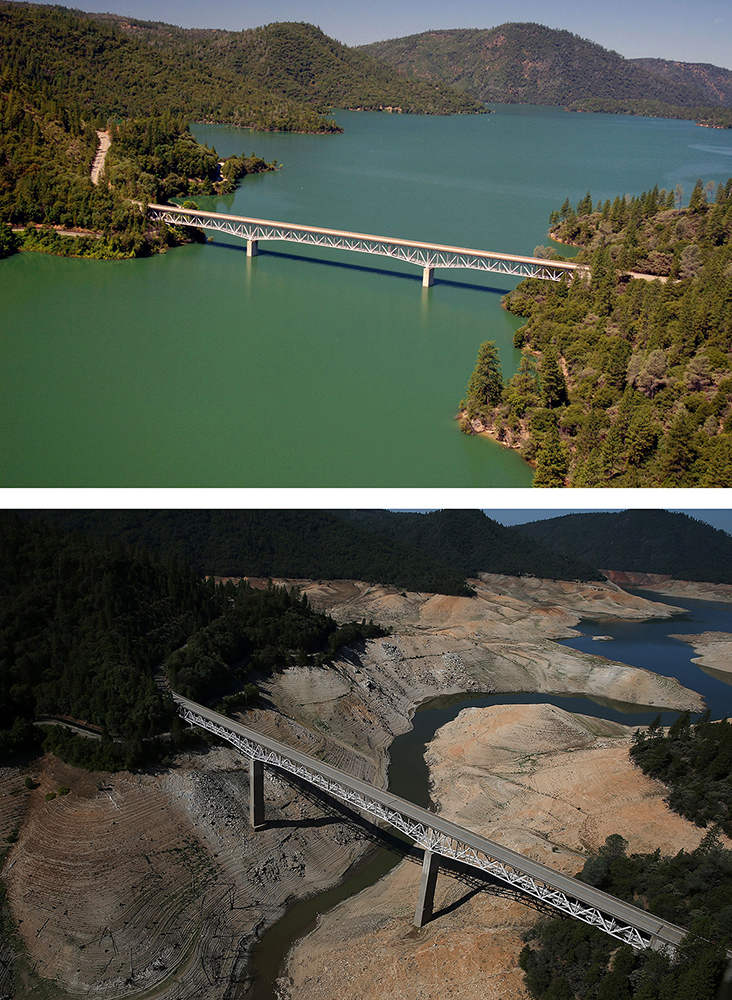As a lifelong Southern Californian, I have been hearing about the drought since I was born. In light of Governor Brown’s restrictions on water usage, many people have been getting upset that there are restrictions on private water usage when 80 percent of all human-utilized water in California goes to agriculture. If they are using a greater percentage of the water, why are they subjected to the same restrictions as the rest of us? Why should crops be given the priority over humans?
Let us be honest, the majority of us in Southern California do not notice our farms or even really care about them. Nonetheless, California agriculture employs one million California residents.
Effecting the Entire Nation
So if the agriculture industry employs one million out of the 38 million people in California and decreased water supply makes it harder for those farms to keep producing viable crops, what is the big deal? After all, agriculture only makes up about 2 percent of our Gross State Product. While this is true, we cannot forget they are part of the same state. We owe it to the farmers to support them, the same way we would support a group of workers in our own community.
But what about all of us planning on being gone in a year for the predicted dry-up date anyways? While the midwest produces a huge proportion of national crops and California only accounts for less than 4 percent of the nation’s farms, California is unique in that we can produce many specialty crops. California is the sole producer of almonds, artichokes, grapes, olives, pomegranates, and many more. The California water crisis is not only the concern of California residents, but of our entire nation. As California farms produce fewer of these crops, the cost for importation of food and channeling of water to California will cause the cost of these foods to sky-rocket.
Reducing individual water usage does make an impact. The average flush of a toilet uses 1.6 gallons of water. If every Biola student double-flushed, which is what my family calls not flushing after you have only urinated, once a day for a year, we would save 3.65 million gallons of water. Generally speaking, it takes about 800 gallons of water to produce the food a single person consumes in one day. In the end, this would lead to a total of about 4,500 extra days or 12 years of food for a single person. Now, imagine if all 38 million people in California did this. We would be able to feed an extra 76,000 people. If you were to add that in with taking fewer and shorter showers, using high efficiency toilets, not washing your car and so on, there is a huge difference.
An Opportunity to be Present
On a larger scale, Governor Brown is working with state, county and city governments to reduce water expenditure on landscape. I urge Biola to follow this example. Biola has a beautiful campus, and a lot of effort goes into making it so. Nonetheless, Biola uses huge amounts of water. Instead of replacing flowers every season with high water demanding plants, we could put in a few more drought resistant plants and even let things wither a bit in the summer and winter months. I do realize this may make Biola seem less welcoming to our guests, but it provides an opportunity to be present in our California community, as well as an increased awareness of God’s direct design in recognizing California’s desert climate.
If nothing else, think about your water before you use it.







